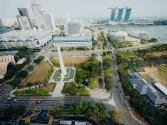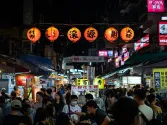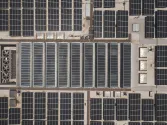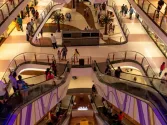
Air Pacific: Fiji's national carrier soars high abroad
Air Pacific, Fiji’s national carrier, started operations on September 1, 1951, and is co-owned by the Fiji Government (51%), Qantas Airways (46%) and Air New Zealand (1%). Together with our subsidiary airline Pacific Sun, we fly more than 360 flights per week, carrying 1.1 million passengers internationally and domestically to Hong Kong, Australia, New Zealand, United States, Samoa, Tonga, Tuvalu, Kiribati, Vanuatu and Solomon Islands.
Air Pacific and Pacific Sun operate a combined fleet of 12 aircraft - two B747s, one B767, four B737s, two ATR42s and four Twin Otters. These aircraft are all maintained by highly trained and certified engineers at our base at Nadi International Airport, while heavy aircraft maintenance is performed by Singapore Airlines Engineering Corporation (SIAEC) or HAECO, formerly Cathay Pacific Engineering Corporation.
Our Managing Director and CEO is David Pflieger, who joined Air Pacific in May 2010 from award winning Virgin America in the USA. In addition to running Air Pacific’s fleet of B747, B767, and B737 aircraft and its team of almost 800 employees, Dave is a member of the Board of Directors of Pacific Sun, Fiji’s domestic airline, and also serves as the Chairman of the Board of Tourism Fiji, Fiji’s national tourism organisation. Mr. Pflieger has over 25 years of experience in the airline and aviation industry and has held various officer and director positions in Operations, Safety, and Legal at Delta Air Lines, Song (Delta’s Low Cost Carrier), and Virgin America in the U.S., where he was a senior vice president and founding officer.
Pflieger said, “Air Pacific recruits highly qualified and capable professionals across its team of almost 800 employees from Fiji and abroad. Our engineers and pilots are trained by Boeing, Qantas and Air New Zealand to perform work on the various aircraft in our fleet. Our pilots go through extensive six month skills refresher and simulator training evaluation, which prepare them to handle both normal and emergency situations. Air Pacific is currently revitalising itself to become a better airline for its customers and the people of Fiji.
“We’ve implemented much of our revitalisation plan in the last few months, beginning with the induction of a new B737 aircraft which will allow us to increase frequencies and make travelling much more convenient on our Australian routes”, Pflieger added.
With great enthusiasm, he explained, “Other schedule improvements include the redeployment of our B747-400 aircraft to Hong Kong, another important market in our revitalisation plan. We also just announced an order to purchase three brand new Airbus A330-200 aircraft, the first of which is scheduled to arrive in Nadi in March 2013. These new planes will dramatically improve the comfort and experience of our customers on flights to/from Fiji, as we continue to work at becoming the preferred airline of the South Pacific. Air Pacific started flights to Hong Kong in December 2009 after we ceased operations to Narita, Japan earlier that year”.
He said to support Air Pacific’s expansion in the region, the airline has set-up a new office in Hong Kong to manage strategic marketing and sales partnership in Hong Kong, China and the South-east Asia.
We have also undertaken joint marketing campaigns with Fiji’s Tourism Board (Tourism Fiji) and other partners to increase traffic and numbers of Chinese tourists to Fiji. Hong Kong is an ideal strategic location for expanding and capturing the growing opportunities in the region.
Air Pacific offers customers two great travel class options when flying to or from destinations. Tabua Class is equivalent to business class, offering discerning travellers a unique and exclusive class of travel. On the ground, customers who choose to fly Tabua Class can enjoy business class check-in, increased baggage allowance, express airport lanes and access to great lounge facilities at most airports.
In the air, Tabua Class customers are served a three-course meal, a range of fine wines, champagne, liqueurs and a selection of cheeses. With individualinflight entertainment screens, customers have a choice of up to 21 channels of entertainment on the Boeing 747 aircraft and up to 10 movies on our other aircraft.
Pacific Voyager is economy class. With naturally friendly cabin crew and elegant, yet relaxed cabin décor, guests are welcome to Fiji when they get on board and can sit back and enjoy the hospitality of one of the world’s friendliest people.
There are a great range of entertainment options in several languages to choose from onboard Air Pacific international services. From the classics to comedies, customers can enjoy the broad range of blockbuster movies and TV programs, and there’s a dedicated channel for children.
Pflieger said, “We’re proud to represent one of the most welcoming cultures in the world, and are Fiji’s ambassador to the world. And with easy connections through Nadi to the Pacific island countries of Kiribati, Samoa, Solomon Islands, Tonga, Tuvalu and Vanuatu, we have the South Pacific well and truly covered. We are well on our way towards reaching our goal of becoming the preferred airline of the South Pacific”.
Air Pacific has also won numerous awards in Fiji and is recognised as an integral part of the country’s critical tourism industry. The company employs almost 800 employees, earns revenues of F$600 million, and directly contributes a significant portion of the country’s Gross Domestic Product (GDP) and carries nearly 70% of all visitors to Fiji.
In November 2011, Air Pacific was ranked among the Top 10 “Small Airlines” of the world in Condé Nast Traveler’s 2011 Readers’ Choice Awards. After nearly 29,000 travel magazine readers expressed their opinions in the annual “Best in the World” survey, the magazine awarded Air Pacific a seventh place ranking among the world’s best small carriers, earning it a spot among readers’ picks of the Top 30 Airlines in the world. In December 2010, for the third year in a row, Air Pacific was voted by the readers of Global Traveler magazine as the “Best Airline in the South Pacific” in the seventh annual award survey for 2010.
FAST FACTS
• Air Pacific, Fiji’s national carrier, started operations on September 1, 1951, and is co-owned by the Fiji Government (51%), Qantas Airways (46%) and Air New Zealand (1%). Together with our subsidiary airline Pacific Sun, we fly more than 360 flights per week, carrying 1.1 million passengers internationally and domestically to Hong Kong, Australia, New Zealand, United States, Samoa, Tonga, Tuvalu, Kiribati, Vanuatu and Solomon Islands.
• Air Pacific and Pacific Sun operate a combined fleet of 12 aircraft - two B747s, one B767, four B737s, two TR42s and four Twin Otters. These aircraft are all maintained by highly trained and certified engineers at our base at Nadi International Airport, while heavy aircraft maintenance is performed by Singapore Airlines Engineering Corporation (SIAEC) or HAECO, formerly Cathy Pacific Engineering Corporation.



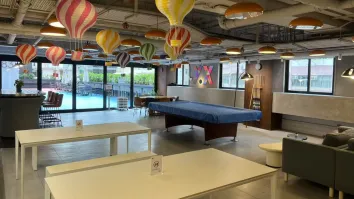


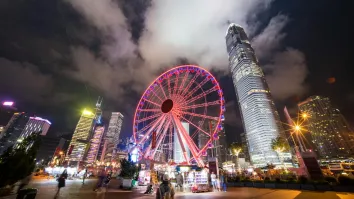



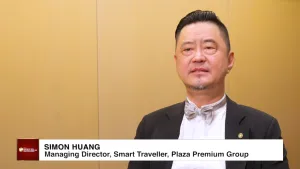
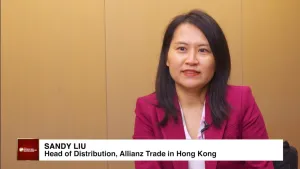



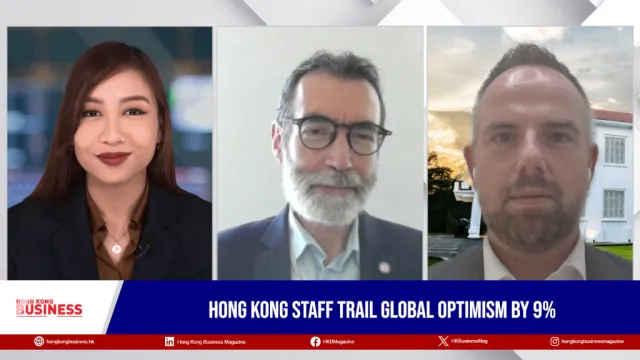


 Advertise
Advertise

